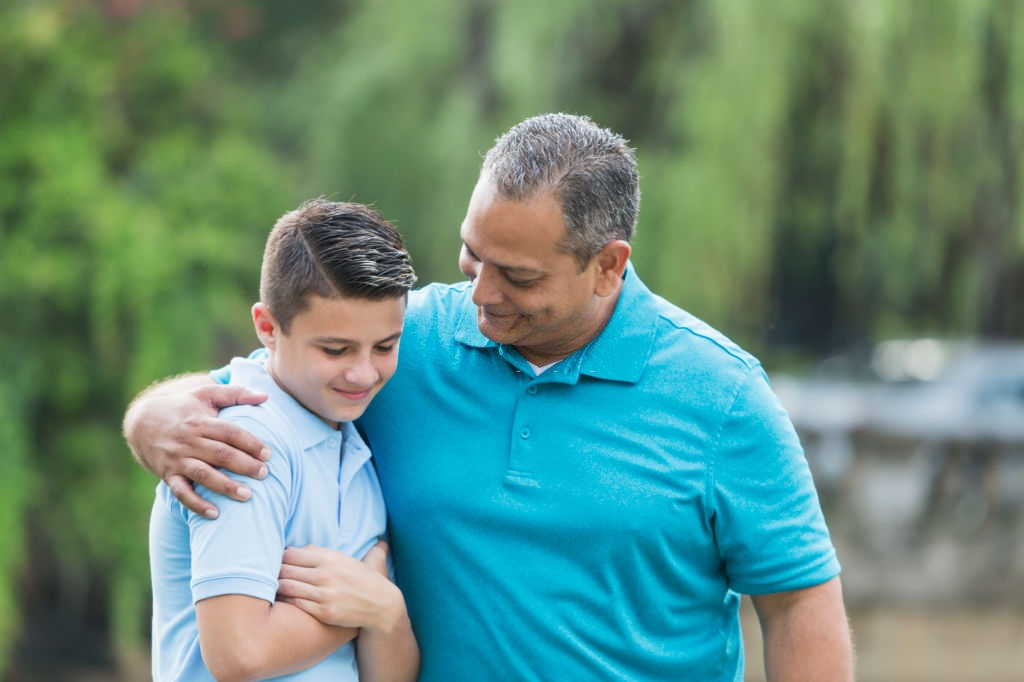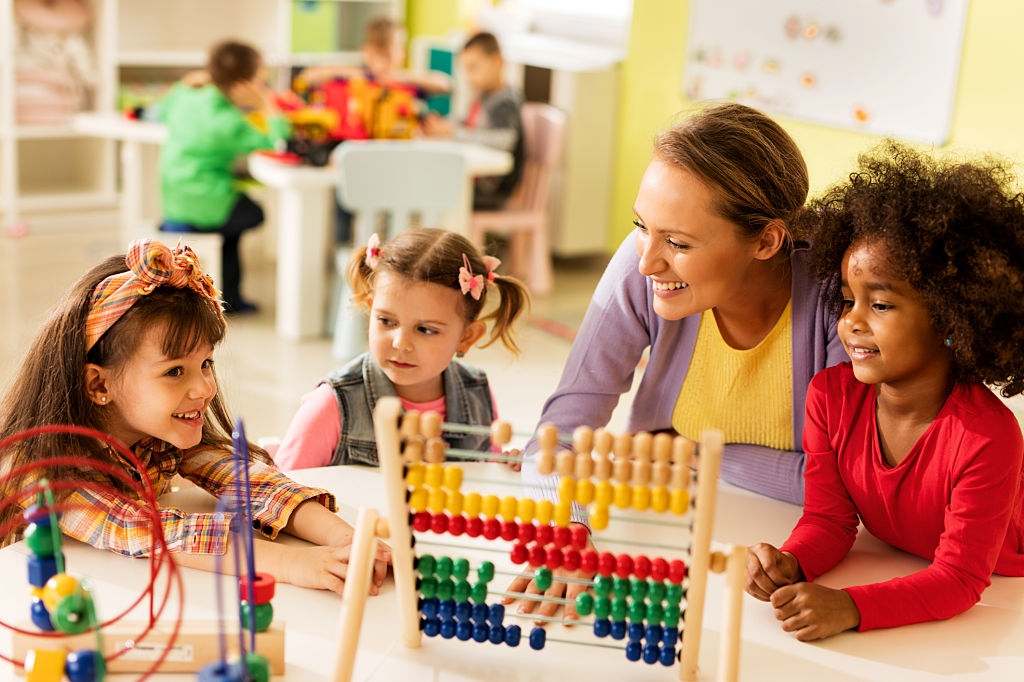The personal or individual counselling allows exploring avenues with the professional support to venturing into fear areas, deal with internal conflicts, loneliness, behavioral modifications, and face challenges. It also helps in developing coping and acceptance skills. The focus is on accepting life changes and evolves as a strong and confident person. The core areas in personal counselling are
Self-Support
Acknowledge the problem and feel the need for a solution and support system.
Family Support
Talk to family members openly on the disturbing issues and ask for help.
Professional Support
Visit counsellor or psychologist or psychotherapist – confront the problems, accept challenges associated with the problems, work out the problems with the professional guidance, find a solution and practice the therapy religiously to reap the benefit of the counselling sessions.

Relationship Problems
Relations and relationships are two sides of the coin. Having misconceptions and bitter experience in a relationship is very common but breaking the relationship with someone for menial things like ego, dominance, possessiveness, complex, insecurity and so on.
If facing issues in managing a relationship or in the process of breaking a relationship or having frequent fights or feeling insecure or fear of separation or loosing and so on.
It’s time to seek professional help for channelizing the thought process and managing the emotions of self and others.
What to do to handle relationship problems?

Anxiety, Depression, and Stress – ADS
The three challenging words that cause distress and pain right from children to elders are Anxiety, Depression, and Stress (ADS). This has become a part of everyone’s life and we pronounce these words regularly and feel unhappy about it. Most of the time people do self-diagnosis based on articles and associated symptoms. It‘s difficult to deal with pain or unpleasure moments alone. When unable to cope up with life situations they do self-medication and labeled themselves as depressed or anxious and stressful.
The research says depression is high among women than men. Anxiety and stress are experienced by everyone at some point in life. Stress is life incidents and anxiety is the reaction to that stress and depression is another all long term effect on life.Early interventions and the right diagnosis at the right time alleviates pain and helps in leading a happy life.

When to ask help from family members or friends or professionals
The common symptoms of depression
- Persistent sad, low mood and hopeless
- Feeling unworthy, loneliness, restlessness, irritation, and unhappiness
- Lack of sleep, interest or hobbies, feeling guilty and pessimism
The common symptoms of Anxiety
Physical disorder
Panic attack, choking of breath, high palpitation, trembling, muscle pain, nausea, diarrhea, butterflies in the stomach and numbness
Emotional disorder
Excessive worrying, feeling agitated, negative thoughts, apprehensions, uneasiness, and irrational fears
Behavioral disorder
Avoidance of people and social gatherings, escapism, and self-destructive behaviors.
The common symptoms of Stress
- Obesity, overeating, and loss or gain of weight
- Lack of concentration, memory loss, constant worrying, negative approach, and cognitive dysfunctioning
- Addiction to alcohol, substances, mobile, video games and movies
These are the common characteristics associated with ADS. Most of the time, the signs are common for anxiety, depression, and stress. The symptoms could be for a shorter or longer period. Professional intervention is a must for diagnosis and treatment.
Assessment —— Counselling —— Therapy
Emotional and Behavioral Disorders
People are more sensitive to emotions and behaviors towards self and others. Words disrupt the mental functioning ability and behaviors disorient the functioning process. Everyone wanted to build a good relationship with our family members, friends, and peer groups. Many are successful in building the relationship but sustaining it for a longer period becomes challenging and highly unacceptable by others.
Emotional and Behavioral disorders are commonly known as EBD. Behavioral disorders are very common among school students and one of the major causes of disciplinary and academic problems. Early intervention on functional behavior analysis helps students in providing individual support and learning appropriate behaviors.
The student with the behavioral disorder has some characteristics exhibited over some time
Such characteristics are an indication of functional disabilities in normal life. These people require understanding from family members and emotional care. Early intervention and professional support would help them to lead a normal and happy life.
Learning Challenges
Incomplete homework, unable to read or write, low grade, am studying hard and not working, forgetting the course materials and so on.
Behavioral Challenges
Unable to sit properly, disturbing the class, continuously going out for the washroom, giving back answers and fighting with others.
Relationship Challenges
Difficult with interpersonal relationship with peers and teachers.
Emotional Challenges
The feeling of fear, anxiety-related problems going to school, loneliness, and unhappiness.
Physical Challenges
Stomach ache or upset, headache and frequent complaining of health issues.
Teens and Image Management
Teenage is the most crucial and productive phase of life. These days teens are confused and distracted with many things. They believe in seeing and hearing the same things and questioning the basics. They wanted everything to be proved or reasoning is a must. Though we say handling the teenage phase is a big challenge but we bet molding them with the right attitude, behavior, and character is a phenomenal experience. Parenting and family environment play a major role in channelizing their energy and streamlining their personal and professional paths.

Our approach in Teen Management
Identity + Academic + Sports + Relationship + Emotions + Behavior = Happy and Satisfied Teen
-
01Personal IdentityDealing with internal conflicts
-
02AcademicHelp in identifying their interest, skills, and abilities
-
03SportsDevelop physical fitness and sportiveness
-
04RelationshipManage inter and intra-personal relationship
-
05EmotionsUnderstand their own emotions and others for helping each other
-
06BehaviorConducts to self and others
When a teenage child knows and understands the value of all these aspects it grows as a happy and satisfied human being. We believe teenage is the best gift for any child and molding them at this phase results in producing a responsible child for the home and nation.
Things to remember while upbringing a child
- Happy Childhood + Happy Parenting = Happy Child
- Cognition + Behavior = Disciplined Child
- Family +Relation = Friendly Person
- Friends + Classmates = Helping Person
- Social Mind + Emotional Connect = People Person
- Academic + Sports = Energetic Person
- Interest + Hobbies = Relax Person



